‘You are what you eat.’ The old phrase always reminds me of Denzil, John Sparkes’s character in the comedy sketch show Absolutely, who quotes it to his girlfriend and then adds: ‘And you have obviously eaten something very stupid.’ Pete Brown, on the other hand, has taken it as the theme of his book about British food. By examining nine classic ‘dishes’ — fish and chips, the full English, cream tea, crumble and custard, pie and peas, a cheese sandwich, spag bol, curry and the Sunday roast — he builds a picture not just of the grub itself but of the people who put themselves outside it.
It says something about the British, for instance, that cheddar sells more by volume in this country than all other cheeses put together. To sample a sandwich of the stuff, Brown heads to the Kent town whose earl gave the bread-based snack its name. While there, he learns that Sandwich was where Henry V’s archers practised before their victory at Agincourt. The sign telling you this is in French as well as English.
Brown’s cheese sandwich finds favour, thereby contradicting Douglas Adams, who said: ‘There is a feeling which persists in England that making a sandwich interesting, attractive or in any way pleasant to eat is something sinful that only foreigners do.’ But not even the most English of Englishmen think we have nothing to learn from other countries and their food. Philip Larkin liked spaghetti because ‘you don’t have to take your eyes off the book to pick about among it, it’s all the same’.
Brown also tackles the corresponding question: what does the rest of the planet think of us? ‘Britain,’ says Jackie Mason, ‘is the only country in the world where the food is more dangerous than the sex.’ The Japanese call Caucasians bata-kusai, meaning ‘stinking of butter’. And the American food writer Bill Marsano has a theory that ‘the British empire was created as a by-product of generations of desperate Englishmen roaming the world in search of a decent meal’.
Of course much of the narrative — as with virtually any book about Britain —comes back to class. Malnutrition among the poor was once so bad that former public schoolboys enlisting for the first world war stood, on average, six inches taller than the rest of the male population. In 1957 a retired major eating in an Indian restaurant (over here, not in India) became enraged when the waiter serving him refused to clean his shoes.
Sometimes the question of class collides with that of geography. Fish and chips is seen not just as working-class but also as northern. Wayne Rooney served it at his wedding. The Yorkshire-born Brown was once invited by his boss at a London advertising agency to consider his future in the job ‘over your fish and chips’ (although, in fairness to the boss, Brown had ditched the Heineken slogan ‘refreshes the parts that other beers cannot reach’ the same week it made it into the Oxford Dictionary of Quotations).
This is the sort of personal anecdote readers of Brown’s previous books will have come to expect. We hear about his wife Liz attending a football match in Barnsley, and on asking what kind of pies they had, receiving the answer: ‘Meat.’ She just had some chips. (We learn elsewhere that the first appearance of the word ‘chips’ with that meaning occurs in A Tale of Two Cities.) One of Liz’s cousins in Wales relaxes by using Google Earth to ‘wander’ around barbecue towns in the American south. Finding one he likes the look of, he will examine its menu online, then try to recreate the dishes at home.
Brown’s parents feature too. He remembers that ‘when my mum was mad at my father, which was most of the time, she pretended to like garlic’. Meanwhile, at university in the 1980s, he had a vegetarian friend who had to pay extra for his meals in hall because they caused the kitchen so much inconvenience. Despite this, he more than once received the same food as everyone else. When he complained, the staff would simply scrape the meat off his plate and hand it back to him.
Citing Robin Cook’s statement that ‘chicken tikka masala is now a true British national dish’, Brown includes it in his list. He soon reverts to his favoured vindaloo, though not before pointing out that chicken tikka came into being because Babur, the first Mughal emperor, was so worried about choking on a bone that he ordered his chefs to cut all his meat into bite-sized pieces. Other history lessons include the derivation of ‘limey’ — English sailors earned the nickname from Americans because of the fruit they ate to ward off scurvy — and the fact that it was once polite to drink tea from the saucer rather than the cup.
In the end, notes Brown, our favourite food is often the food we remember from our childhoods. ‘We are,’ as he says, ‘what we ate.’
Got something to add? Join the discussion and comment below.
Get 10 issues for just $10
Subscribe to The Spectator Australia today for the next 10 magazine issues, plus full online access, for just $10.
You might disagree with half of it, but you’ll enjoy reading all of it. Try your first month for free, then just $2 a week for the remainder of your first year.

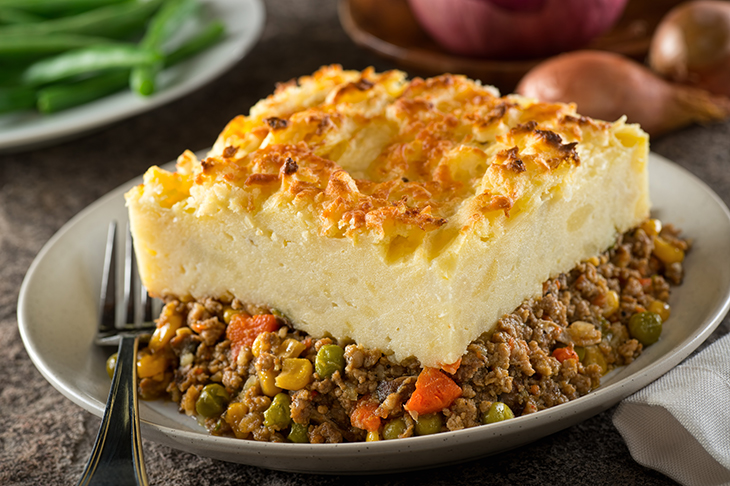
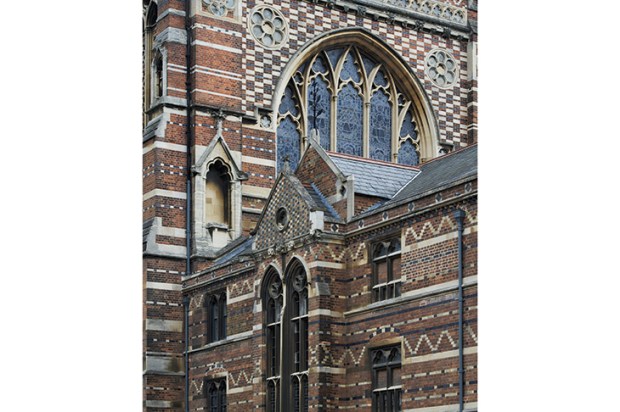
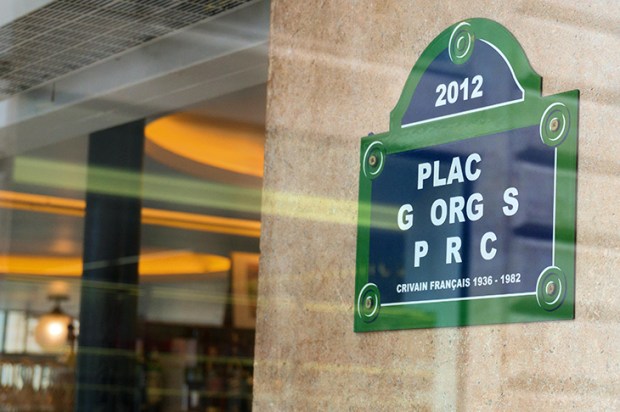
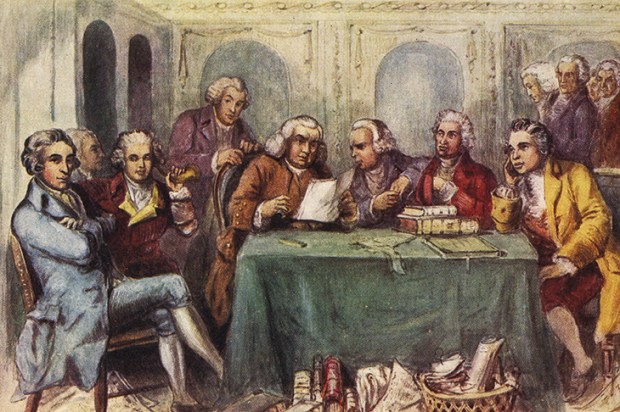
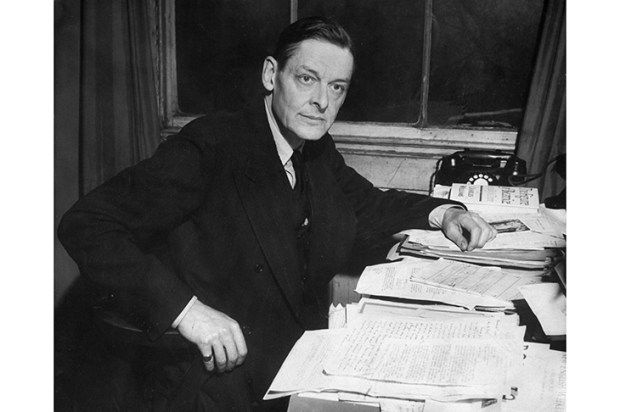

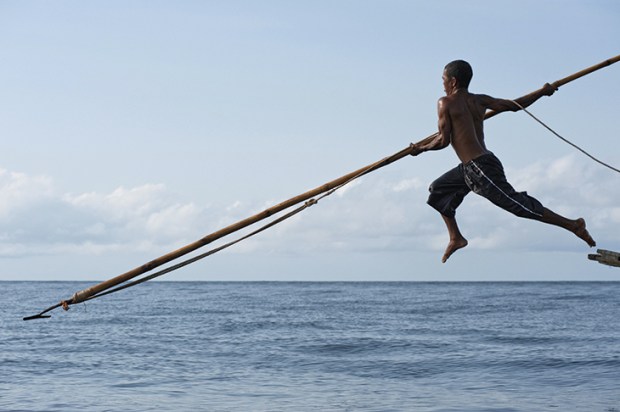






Comments
Don't miss out
Join the conversation with other Spectator Australia readers. Subscribe to leave a comment.
SUBSCRIBEAlready a subscriber? Log in